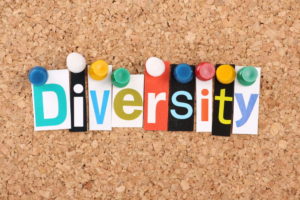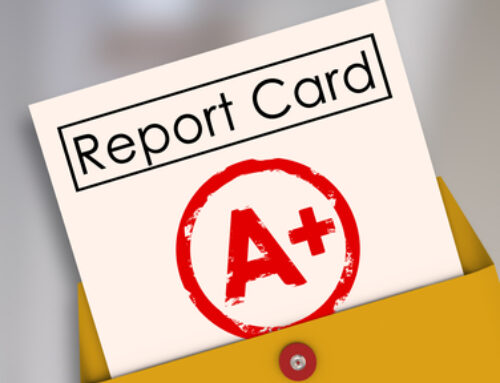 In July, I wrote a blog post about the Supreme Court decision that ended affirmative action in college admissions. One area impacted by this change is college essays. Because colleges which accept federal funding (almost every public or private institution) can no longer overtly consider an applicant’s race, many are using essays to determine a student’s background. And, colleges have revised and reworked essay questions to ascertain that information.
In July, I wrote a blog post about the Supreme Court decision that ended affirmative action in college admissions. One area impacted by this change is college essays. Because colleges which accept federal funding (almost every public or private institution) can no longer overtly consider an applicant’s race, many are using essays to determine a student’s background. And, colleges have revised and reworked essay questions to ascertain that information.
According to an August 14, 2023 article in the New York Times, “A review of the essay prompts used this year by more than two dozen highly selective colleges reveals that schools are using words and phrases like ‘identity’ and ‘life experience,’ and are probing aspects of a student’s upbringing and background that have, in the words of a Harvard prompt, ‘shaped who you are.’” Here are some essays prompts that were included in the article:
“Tell us about an aspect of your identity or a life experience that has shaped you.” — Johns Hopkins University
“Feel free to tell us any ways in which you’re different and how that has affected you.” — Duke University
“Let your life speak. Describe the environment in which you were raised and the impact it has had.” — Dartmouth College
You may be thinking that those who are members of a marginalized community or have an underrepresented ethnicity or gender identity will have an easy time answering these essay prompts. Not necessarily. Making your ethnicity, gender, socio-economic or immigrant status the most important part of who you are and what you’ve achieved may feel forced and inauthentic.
For those who aren’t obviously from a diverse background, it may seem as if you have nothing to say. But, admissions officers know that diversity includes more than just skin color and gender identity. Perhaps you are a boy who likes knitting or a girl who loves World of Warcraft? Maybe you’re a city kid who belonged to 4H or a kid from the rural Midwest who learned to scuba dive?
As stated in a May 11, 2023 post on Accepted.com, this “simple, three-part framework will help you think of diversity more, well, diversely:
- Identity: Who are you? What has contributed to your identity? How do you distinguish yourself? This can include gender, sexual orientation, ethnicity, disability, religion, nontraditional work experience, or nontraditional education.
- Deeds: What have you done? What have you accomplished? Think about achievements inside and/or outside your field of study, leadership opportunities, community service, internship or professional experience, research opportunities, hobbies, and travel.
- Ideas: How do you think? How do you approach things? What drives you? What influences you? Are you the person who can break up a tense meeting with some well-timed humor? Are you the one who intuitively sees how to bring people together?”
No matter your background, what colleges are really trying to understand is what you will bring to their community that is unique. Or, stated another way, admissions officers want to know how your experiences will add to the diversity of their college campus. According to Ethan Sawyer, The College Essay Guy, “A friend who worked in admissions … said that one of his favorite things about the job was thinking about what it would be like to take this kid from the mountains of Idaho, that kid from Saudi Arabia, and this other kid from La Jolla, and throw them in a dorm together. How would they change how one another saw the world?”
College should be a life-changing experience. Living and learning on a campus where every other student looks like you, thinks like you and has had the same experiences as you have had would, frankly, be boring. Diversity essays help admissions officers craft a class of unique individuals who will influence and change one another over the next four years and beyond.





